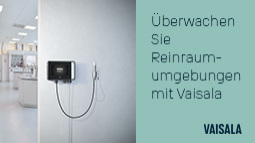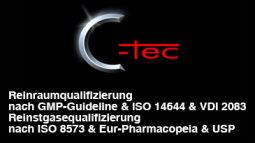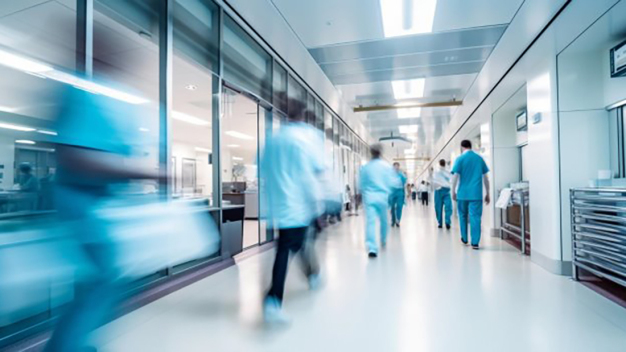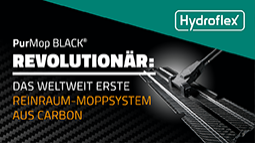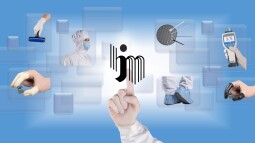- 3D printing
Could Bio-Printing Be the Future of Affordable and Personalized Healthcare?
The healthcare industry stands on the brink of revolutionary change with the advent of bio-printing technology. Vital3D, a biotech company specializing in 3D bio-printing solutions, sheds light on how this technology can address the twin challenges of soaring healthcare costs and the need for personalized medical treatments.
Healthcare costs are increasing at record rates around the world, at a global average of 10% from 2022 to 2023, according to the 2023 Global Medical Trends Survey. As governments and healthcare providers seek to reduce costs through policy and preventative care, biotech researchers are pursuing change through cutting-edge technological solutions like bio-printing.
Bio-printing is an emerging technology with the potential to address key challenges faced by today's healthcare sector. By enabling the creation of patient-specific tissues and organs, this technology has the potential to reduce medical expenses and revolutionize patient care significantly.
Bio-printing and cost-efficiency
Traditional organ transplants are beset by a host of costly challenges, including organ shortages, compatibility issues, and the logistical complexities of organ procurement and transportation. Bio-printing, on the other hand, provides a more streamlined and cost-effective approach to organ transplantation.
“At the most basic level,” says Vidmantas Šakalys, CEO of Vital 3D, a biotechnology company that specializes in 3D bio-printing solutions, “the ability to bio-print organs on demand avoids all the complexities involved in delivering organs from donors to recipients.” However, bio-printing also has the potential to improve long-term patient care through biocompatibility.
Šakalys continues: “With bio-printing, tissues and organs can be designed to match with the recipient's physiology and immune system, thereby enhancing treatment efficacy and potentially reducing post-surgical complications. As a result of biocompatibility, bio-printed organs will reduce reliance on costly immunosuppressive drugs, which are necessary for traditional organ transplant procedures.”
Technological advancements enhancing healthcare
As bio-printing technology evolves, it promises to make healthcare more accessible and has the potential to end the chronic shortage of transplantable organs. The ability to create organs and tissues on demand significantly reduces wait times for transplants, which can be life-saving.
Advancements in bio-printing can also be shared globally, allowing for technology transfer to developing regions, which can build local capacity for advanced medical treatments, reducing the need for patients to travel long distances for specialized medical care.
The future and challenges
While the future of bio-printed organs is promising, there are still obstacles ahead, according to Šakalys. “As bioprinting is new technology, at the beginning it will be more expensive than traditional transplants from donors, because of technology development and regulatory and approval costs.”
“However,” Šakalys continues, “in the long run costs will go down and have the potential to reach a significantly lower price tag than traditional donor transplants. Looking ahead, the widespread adoption of bio-printing in healthcare has far-reaching implications, promising a future where organ shortages are a thing of the past, and personalized medicine becomes the norm, not the exception.”
Vital3D
10224 Vilnius
Lithuania

